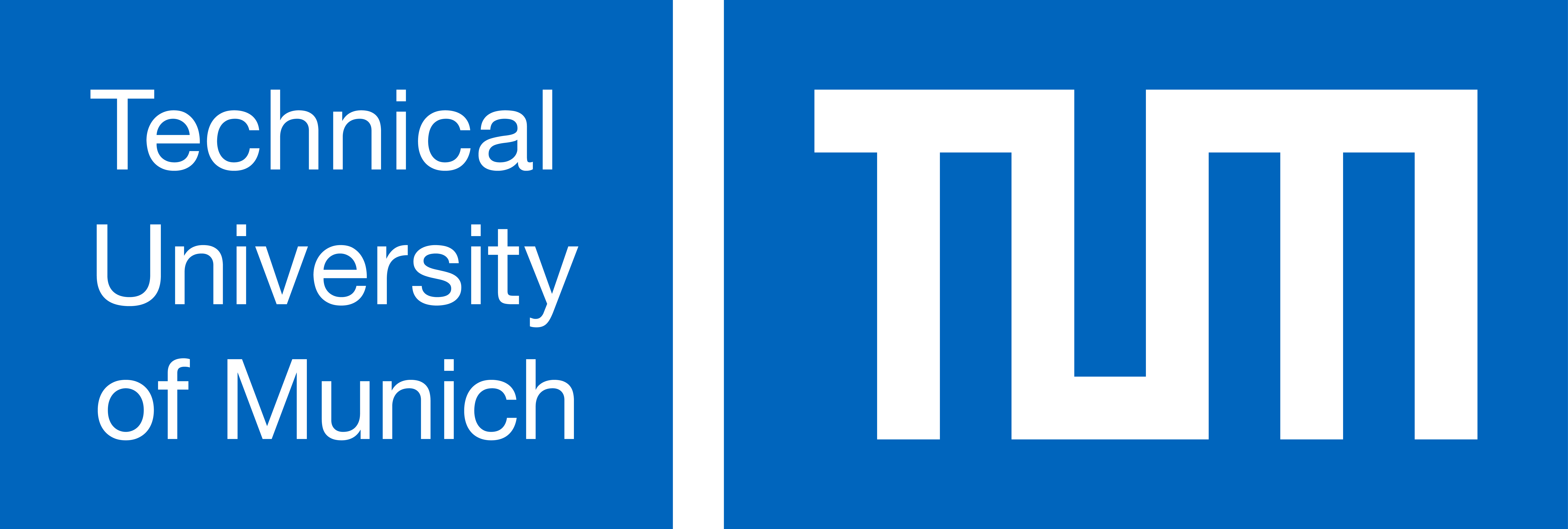About this course
Intro: What is a protein? What is protein function? Overview over prediction of protein function.
Predicting protein function using sequence: sequence alignments, multiple sequence alignments, motifs, domain assignment, annotation transfer by homology, de novo predictions. Predicting protein function using structure: structural alignments, structural motifs, annotation transfer via structure similarity. From structure prediction to function prediction: comparative modeling; prediction of: subcellular localization, protein-protein interactions, protein-DNA and -RNA interactions, protein-substrate interactions, protein networks, Gene Ontology (GO), Enzyme Classification, prediction of enzymatic activity, prediction of functional classes (e.g. GO classes). Prediction of the effect of single point mutations (sequence variants) on protein function and the organism. Prediction of phenotype from genotype. As for the first part (Protein Prediction I), the module include an introduction into machine learning with particular focus on how to avoid over-estimating performance. As opposed to the first part (Protein Prediction I), protein structure has only played a minor role: it has been introduced if it has been helpful to further our understanding of function.
Learning outcomes
Students understand the principle concepts in protein sequence analysis with focus on protein function and protein function prediction and are able to evaluate these. They can apply the state-of-the-art methods toward these objectives in computational biology. Students can develop their own prediction methods (in groups guided by tutors) by combining existing methods, or algorithms, and / or create new methods. The participants are able to analyze and to evaluate published methods (as readers of the publication, as peer-reviewers, and as competitors). Based on the outcome of these evaluations they are able to create a tool that is readily usable by experimental and computational biologists. This means, they can convert an abstract idea of a solution under consideration of technical aspects into pseudo-code and optionally further into executable programs during the exercises.
Examination
The module is graded by a written exam. The exam will take 120 minutes.
In the exam the participants demonstrate their ability to devise and discuss an appropriate computational approach for a solution for a biological problem in the area of function prediction. For example they choose the appropriate methods depending on the type of data they have (sequence data, annotation data, a.s.f.) as well as they can choose the appropriate data abstraction level (GO level, EC classes, a.s.f.) depending to the respective biological question. They demonstrate their understanding of the concepts in the choice of appropriate solution approaches to the given tasks and they can evaluate these in terms of a discussion of the various pro's and con's of alternative approaches in biological as well as in technical aspects. They can demonstrate their ability to create a usable tool implementing a solution approach down to the level of pseudo-code.
Details are announced at the beginning of the module.
Course requirements
Background in Computational Biology as acquired in semester 1-4 in the Bachelor program.
Resources
- T Goldberg, T Hamp & B Rost (2012) LocTree2 predicts localization for all domains of life. Bioinformatics 28:i458-65 https://pubmed.ncbi.nlm.nih.gov/22962467/ M Littmann, M Heinzinger, C Dallago, K Weissenow & B Rost (2021) Protein embeddings and deep learning predict binding residues for various ligand classes. Sci Rep 11:23916 https://pubmed.ncbi.nlm.nih.gov/34903827/ T Hamp & B Rost (2015) Evolutionary profiles improve protein-protein interaction prediction from sequence. 31:1945-50 https://pubmed.ncbi.nlm.nih.gov/25657331/
Activities
Lectures, Seminars, Exercises, Problems for individual and team study: The students apply the theory presented in the lecture by writing a protein function prediction method in the exercise starting from data in varying form (depending on the problem at hand). In some cases, they will get the complete input from the tutors, in others, they will have to write database parsers and generate the input / output data they will need during the lab work. Each team will thoroughly estimate the performance of the tool they created and the team will present their results to their peers and to the tutors.
Additional information
- More infoCourse page on website of Technical University of Munich
- Contact a coordinator
- About studying within the Euroteq alliancehttps://euroteq.eurotech-universities.eu/initiatives/building-a-european-campus/course-catalogue/
- LevelMaster
- Contact hours per week6
- InstructorsBurkhard Rost
